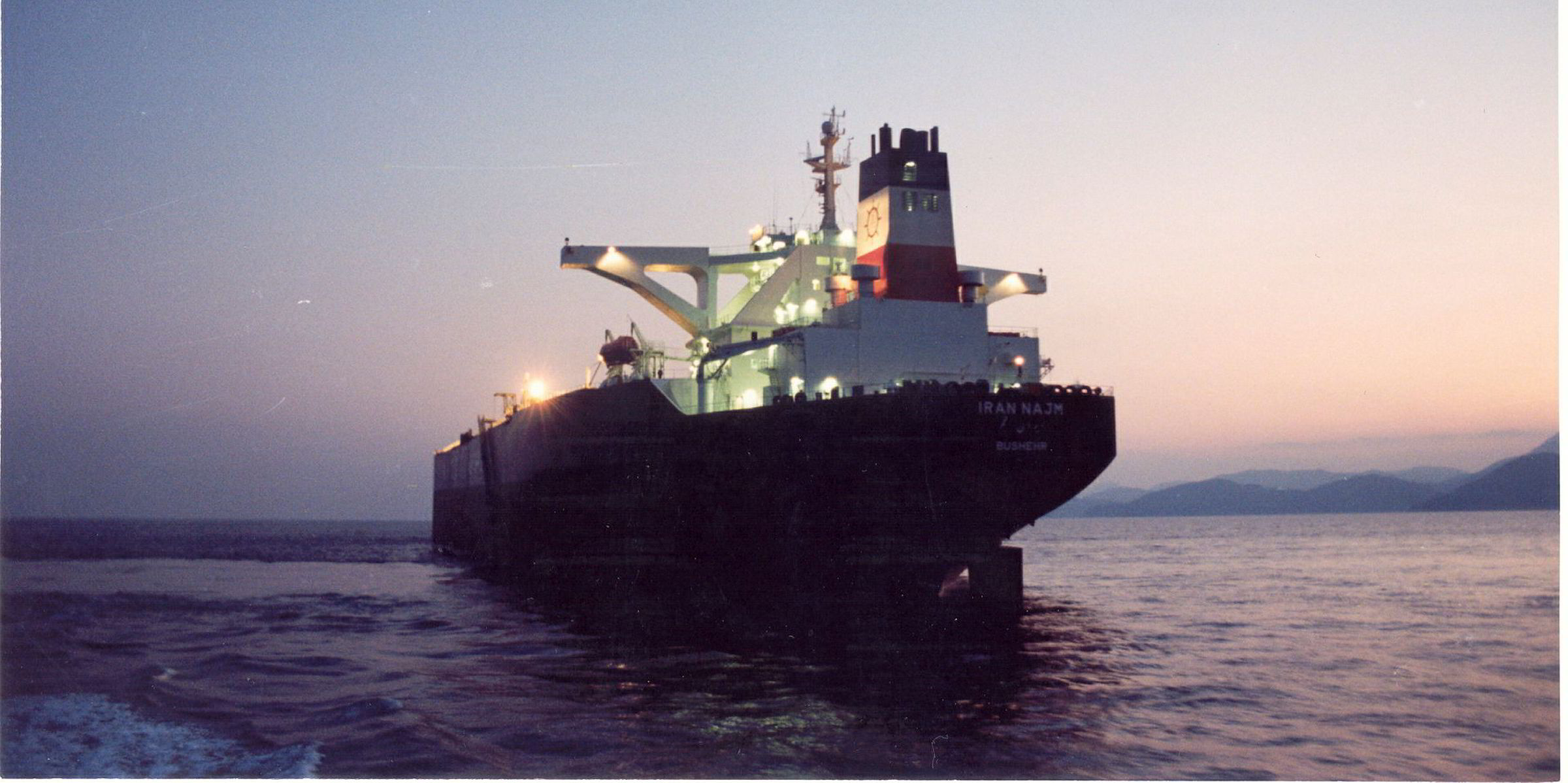Look around at global shipping markets today, and what do you see?
Talk of innovation is everywhere — from commercial initiatives to technological advances. The power of the digital age is about to be unleashed, so the evangelists claim.
There are more ships afloat, carrying more cargo than ever. Demand continues to grow, as the supply of new ships starts to slow — in most sectors at least.
Everything should be coming up smelling of roses, right?
Well, if you think that is an over-optimistic take on the situation you would not be alone.
While it might be an overstatement to suggest that many players are gloomy about prospects, it is clear that genuine confidence is in short supply.
Darker mood
Private conversations appear to reveal a darker mood than obligatory public pronouncements.
It seems that after a decade of shocks and false starts, the psychological strength of the market is paper-thin.
So it came as no surprise to hear from two authoritative sources this week that something is misaligned.
Moore Stephens’ quarterly Confidence Survey revealed a slight dip in confidence from the four-year high it recorded in May.
The barometer of confidence produced by the UK-headquartered accounting and advisory group has been published for 10 years and has been an accurate measure of overall market sentiment.
Examining the report in detail revealed a telling divergence in sectors of the business, however. While shipmanagers and brokers saw confidence fall, charterers and owners were a little more positive.
But tellingly, while owners were a little more confident about the likelihood of making a major investment or development over the next year, charterers were significantly gloomier than three months ago.
‘Reminiscent of the 1990s’
Meanwhile, it was shipping’s favourite economist, Martin Stopford, who put this fragile confidence into words.
Speaking at this week’s Capital Link conference in London, the Clarksons' guru said it was looking rather reminiscent of the 1990s, that lost decade of sideways trading.
He said: “The bottom line, I think we are at risk of getting stuck in a rut. It does not have to happen, but it is looking a bit sluggish.”
Reasons for optimism, in dry bulk and containerships at least, have been well rehearsed. Massive supply overhang is slowly being absorbed as newbuilding rates slow and cargo supply grows.
Causes of the fragility of confidence are also worryingly easy to find if you look.
The obvious one is the impact of Donald Trump’s trade war with China. While it may be true that the volume of cargo immediately affected is relatively small, the longer-term implications are far greater.
The US administration appears to believe it can win quickly and with ease, but it is a view shared by few others. Taking steps to dismantle the global free-trading system that has made the US rich over the past 60 years carries the implication it will hurt the US as much as its target.
As an influential economic commentator put it this week, there is a growing perception in markets that the trade war will be more protracted than many investors had earlier assumed.
Trump’s renewed sanctions against Iran are another cause of concern, having already pushed the price of crude above $82 a barrel, and with the world’s largest producers, including Saudi Arabia and Russia, reticent to increase their production to take the heat out of the market.
Hanging over every market is growing nervousness that global markets are heading towards a point of cyclical inflection, having grown strongly since the 2008-2009 banking crisis.

Rising US interest rates have already caused financial problems in emerging markets, with Argentina and Turkey hit particularly badly.
Risk of recession
With the US economy performing well, but with inflation on the rise, the Federal Reserve is expected to continue hiking interest rates, perhaps more aggressively than many had anticipated. That risks turning global markets towards a fresh slowdown or even recession.
It must be acknowledged there are bulls out there, especially in parts of the dry bulk market where the recovery from the depths of recession in 2016 has already been strong.
Among those is Seanergy Maritime chief executive Stamatis Tsantanis who said this week he viewed the supply-demand outlook for the next few years as the best he had seen in nearly two decades.
Psychology is a powerful force in shipping markets, but sentiment is a difficult factor to either understand or control.
What can be seen is that 2018 should have been a better year than this. And that is reason for concern.





